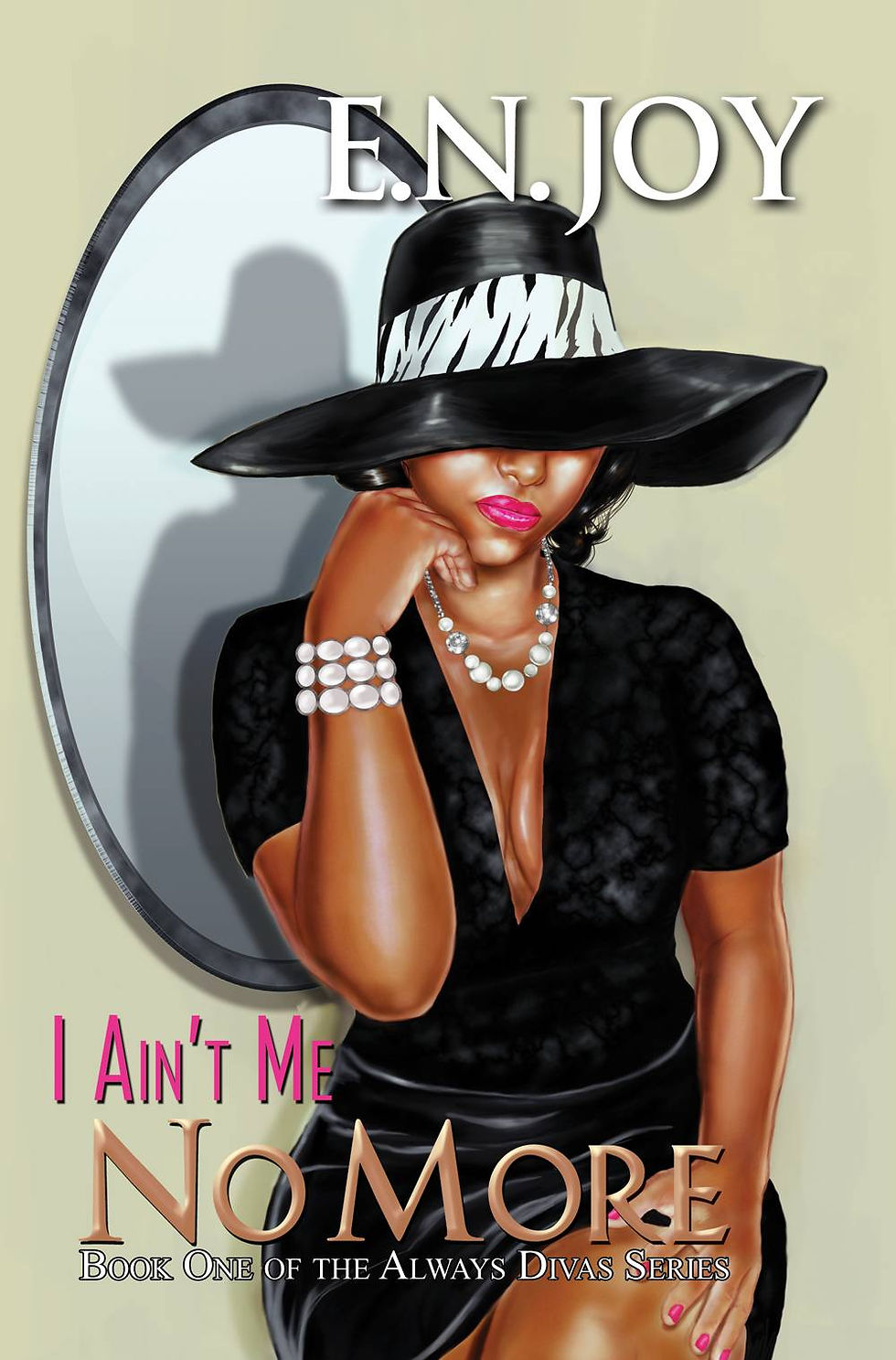Who is to Blame for a Book’s Errors?
- Mar 13, 2023
- 3 min read

Who is to blame for a book’s errors?
The answer to that is: it depends. It could be the author. It could be the editor. It could be both.
A while back, the Path To Publishing Facebook page had a post talking about how there is nothing worse than an author paying thousands of dollars to have their book edited, only to have readers tear it to shreds in reviews because it was filled with errors.
That doesn't necessarily mean it's solely the editor's fault because they were supposed to edit the book. It also doesn’t mean it's solely the author's fault since they wrote the book! It could mean the author hired the wrong editor. Perhaps not an editor who was bad at their job, but the wrong type of editor needed for the job.
Think about the various types of editors there are.
There are acquisitions editors who work for publishers and choose which books to accept or reject. There are copy/line editors who check for spelling, grammar, punctuation, basic sentence structure, and tense.
A content editor will cover “big picture” stuff, like plot and character, addressing large swaths of materials, while a comprehensive editor works on paragraphs, pages, flow. A fresh eyes editor who hasn’t seen the book before can catch issues other editors missed. Finally, the proofreader checks for any remaining issues and are usually the last people to work on a manuscript.
Into more specific specializations are fact checkers, format editors, globalization editors to focus on cultural/international issues, integrity editors to do cross-references on non-fiction works…
A self-published author will typically need a content/developmental editor as well as a copy/line editor. Some will even spring for a proofreader and/or a fresh eyes editor. For fiction authors, though, a content editor and a line editor are not optional if you want a well-produced book. Finding these editors will take some research.
The research doesn't stop at knowing the type of editor needed. It's also nice to know which academic style the chosen editor works according to:
The Modern Language Association (MLA)
The American Psychological Association (APA)
The Chicago Manual of Style
In circling back to our original point, where do we point a finger when a book has errors in it?
Ultimately, it might not really matter who is actually to blame. If a book has many errors, people will assume there was no editor. (Unless there is a publisher involved or an editor listed in the credits.) Once they’ve assumed it was the author, it’s impossible to change their minds without going to everyone individually—which is also impossible.
Sometimes, it is the author. They either didn’t get an editor or didn’t do their due diligence to learn about the business and process to hire the right one. Or maybe the author didn’t choose to incorporate all of the editor’s suggestions into their book, which can happen. And sometimes, an editor just isn’t good at what they do.
Again, readers will always assume it’s the author, so do your best to study the craft, learn about the types of editors, the editing styles, and research someone you want to hire. Request a sample edit to see their work ahead of time, or you can get recommendations from other authors who’ve had good experiences with someone and can tell you about them.
Doing this may not prevent all readers from finding errors, and some readers may think things are errors when they aren’t, but doing this work ahead of time can at least minimize your risk and put out the most-polished product possible. That reflects on the author too, but in a much more positive way.
If you’re ready to dive into learning more about the different types of editors/editing, click below to watch this video recorded a while back by Path To Publishing CEO, Joylynn M. Ross.
And then email info@pathtopublishing.com to request your free sample edit along with a quote.






Comments